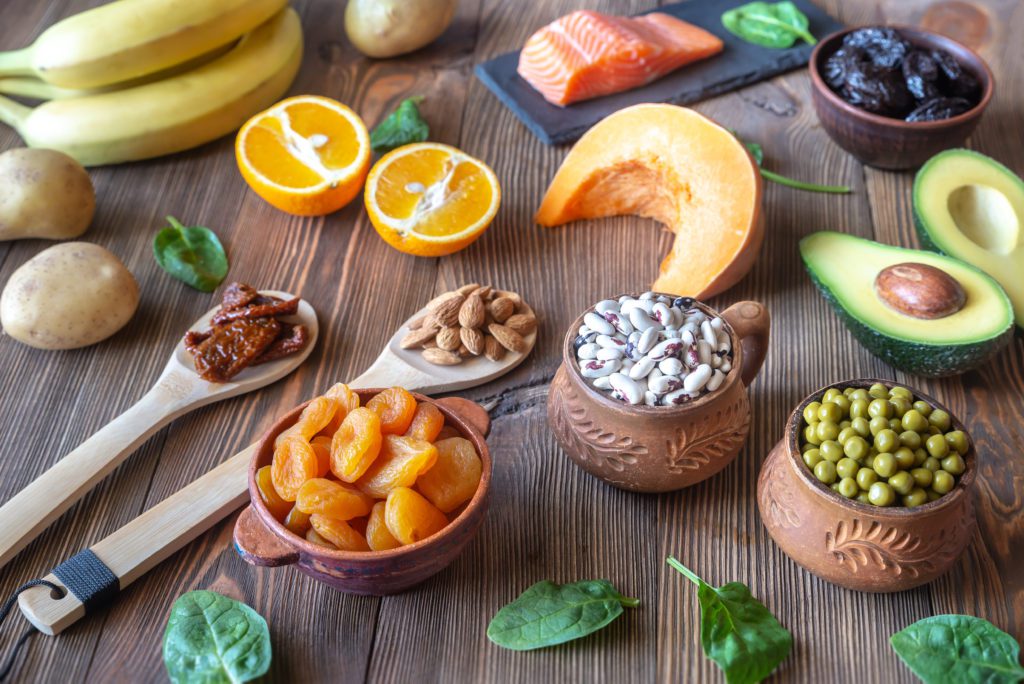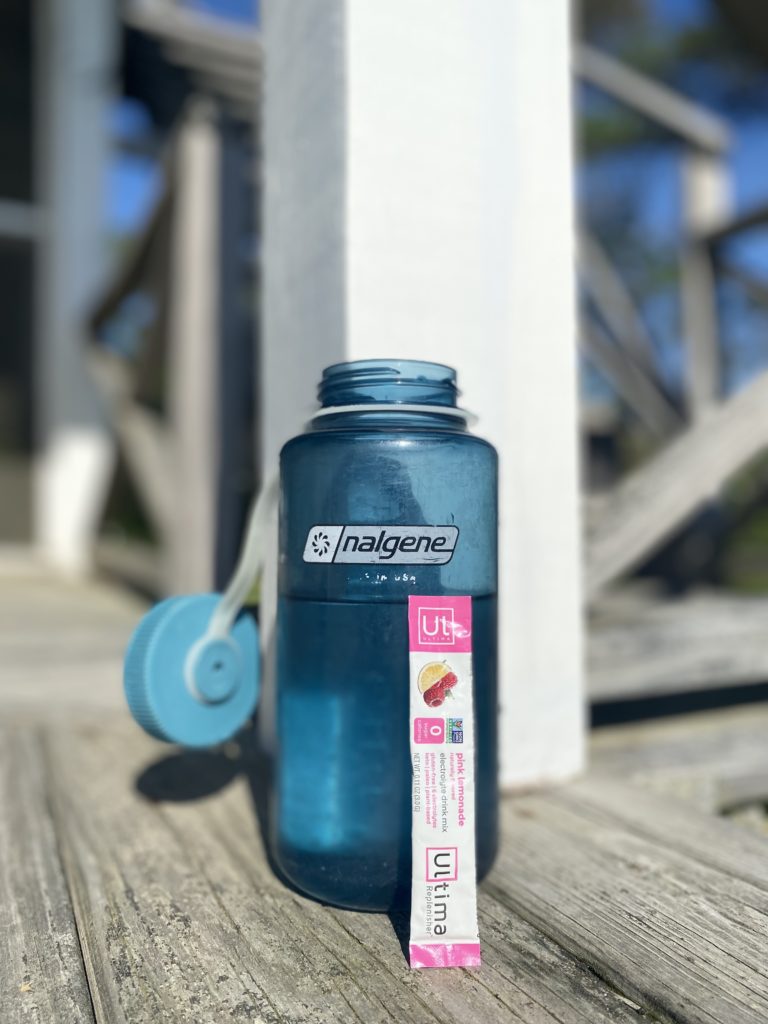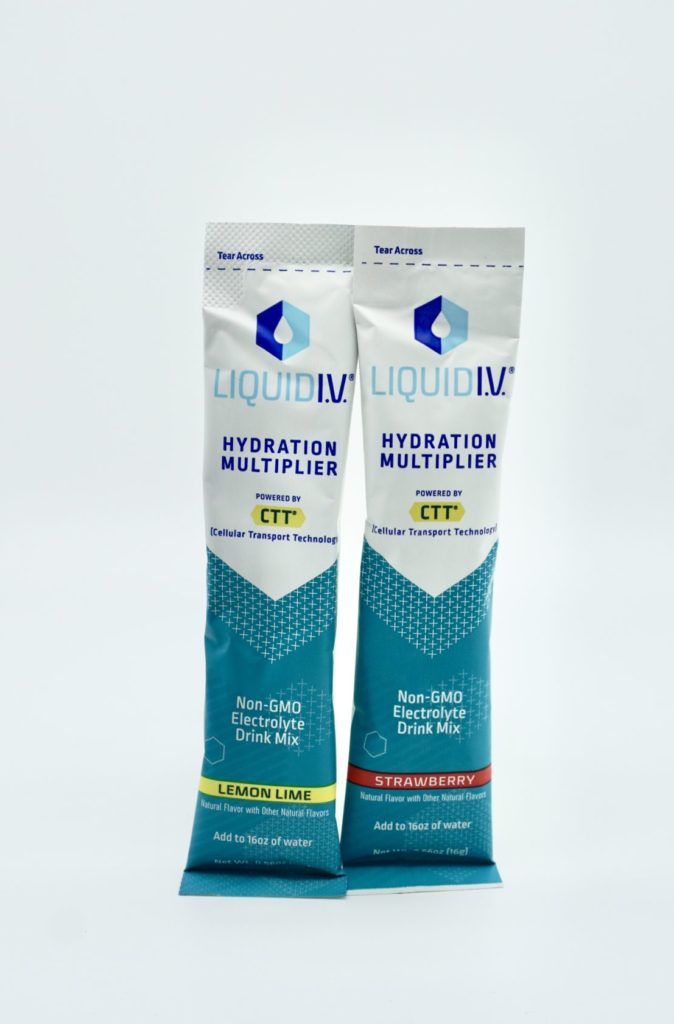Simply put, an electrolyte is a mineral that carries a charge. The name was coined by legendary English scientist, Michael Faraday, in the mid 1800s after the discovery of electrolysis. To a medical or nutrition professional, electrolyte is synonymous with sodium, chloride, potassium, magnesium and other minerals that carry an ionic charge and perform critical bodily functions. According to Healthline, in addition to ensuring proper hydration, electrolytes help with nervous system function, muscle function, and maintaining internal PH levels1. (For a more in-depth review of electrolytes’ role in hydration, check out this article.)
If you’re like most people, you’ve probably heard this statement countless times: “You lose electrolytes when you sweat and need to replenish them to stay hydrated.” The big sports drinks brands like Gatorade and Powerade were probably the first source of authority you heard this from. Maybe your coach or health teacher or physician followed up with this same advice. After hearing this from all different angles, how did you go about replenishing your electrolytes?
Are electrolytes lost when I sweat?
Yes, and you’ve probably seen — and even tasted — this before. The body sweats in order to cool your surface temperature, which in turn, lowers your core temperature. Sweat is mostly water, but it also contains the elements previously mentioned in this article. Sodium and chloride are the primary elements in your sweat, followed by potassium, magnesium and calcium2. If you’ve ever wondered what that white buildup was on your dark-colored shirt after a hot summer run…well, now you know. If you sweat too much and don’t replace electrolytes that are lost, you can hinder many of the bodily systems that rely on electrolytes for proper function.

How do electrolytes work and why are they important?
Here are some terms that may bring you back to your high school chemistry class: If the element carries a positive charge, it’s known as a cation. If there’s a negative charge, it’s called an anion. The naturally occurring charges in these ions are what powers many of the body’s key systems. For example, osmosis, a key contributor to hydration, is dependent on Na+ (sodium), a cation. Potassium is another commonly advertised electrolyte, but this one is an anion with a negative charge. Potassium helps regulate critical nerve activity such as heartbeat and normal muscle function3.
What foods are a good source of electrolytes?
You’re probably getting all the electrolytes you need if you follow a balanced diet. Here are some examples of everyday foods and the elements they provide.
Sodium: This one should be easy. Table salt is probably already added to your favorite foods, and if it needs salt, shake some on. If you need help though, go buy mixed salted nuts or pretty much any variety of soup.
Chloride: Chloride is also found in table salt, so this one should be very accessible. If you’re looking for an alternative, we suggest tomatoes, olives and leafy vegetables.
Potassium: Your track coach was right! Bananas are a great natural source of potassium as are leafy greens like broccoli and spinach. If you’d rather not have a fruit or vegetable, try adding mushrooms to your next meal.
Magnesium: Magnesium is found in a variety of foods. Avocado, mixed nuts, beans and seeds (such as flax, chia or pumpkin) all contain high levels of magnesium. Dark chocolate also has high magnesium content, but considering this also has sugar, we recommend you see this as a side benefit of your post-lunch treat.
Calcium: Dairy products such as milk and cheese, green leafy vegetables like spinach and kale and fish varieties such as salmon and sardines are all great sources of calcium. If none of that sounded appetizing, your fortified breakfast toast probably will do the trick.

Here’s the takeaway
Electrolytes are naturally occurring elements that carry out key bodily functions including hydration. The sports drink companies like the name “electrolyte” since it doesn’t resonate with the chia seed oatmeal you had for breakfast or the salad you had for lunch, making you think you need a special supplement.
If you follow a balanced diet, you’re probably getting all you need. For periods of increased physical exertion, try a hydration mixer. Remember, some of these products contain sugar and that’s because glucose aids the body with water absorption. If you’re sitting down and relaxed as you read through this article, you’re probably fine and just need to keep sipping water from your bottle. As always, we remind you that this is not medical advice and for personalized diet needs, consult your physician.
References
1 West, Helen. “Electrolytes: Definition, Functions, Imbalance and Sources.” Healthline, 24 Oct. 2018, www.healthline.com/nutrition/electrolytes.
2Sherman, Taylor, et al. “WHAT’S IN YOUR SWEAT?” COLLEGIATE AND PROFESSIONAL SPORTS DIETITIANS ASSOCIATION, Nov. 2018, www.sportsrd.org/wp-content/uploads/2018/11/Whats-In-Your-Sweat.pdf.
3Stöppler, Melissa. “What Do Electrolytes Do? Benefits, Chemistry & Imbalance Symptoms.” MedicineNet, 24 Dec. 2019, www.medicinenet.com/electrolytes/article.htm.



